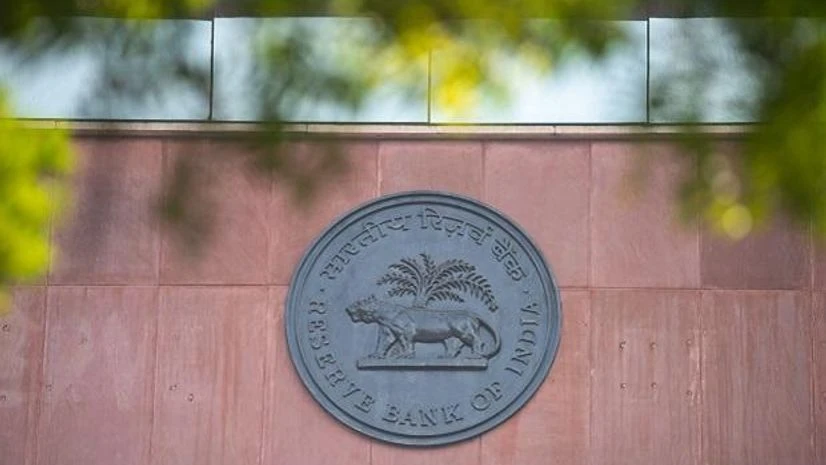In a bid to streamlining the functioning of asset reconstruction companies (ARCs), a Reserve Bank committee has come out with a host of suggestions including the creation of online platform for the sale of stressed assets and allowing ARCs to act as resolution applicants during the IBC process.
The committee, headed by former RBI Executive Director Sudarshan Sen, suggested that the scope of Section 5 of the SARFAESI Act be expanded to permit ARCs to acquire financial assets from all regulated entities, including AIFs, FPIs, AMCs making investment on behalf of MFs and all NBFCs including HFCs.
The performance of the ARCs has so far remained lacklustre, both in terms of ensuring recovery and revival of businesses. Banks and other investors could recover only about 14.29 per cent of the amount owed by borrowers in respect of stressed assets sold to ARCs during the 2004-2013 period.
Similarly, data shows that 80 per cent of the recovery made by ARCs has come through deployment of measures of reconstruction that do not necessarily lead to revival of businesses.
To improve the performance of ARCs, the RBI had appointed the committee to examine the issues and recommend suitable measures for enabling the ARCs to meet the growing requirements of the financial sector. The stakeholders can send their comments on the report to the RBI by December 15.
Also Read
The committee has recommended that for all accounts above Rs 500 crore, two bank-approved external valuers should carry out a valuation to determine the liquidation value and fair market value. In case of accounts between Rs 100 crore and Rs 500 crore, one valuer may be engaged.
"Also, the final approval of the reserve price should be given by a high-level committee that has the power to approve the corresponding write-off of the loan," the report said.
Reserve price plays a critical role in ensuring true price discovery in auctions conducted for sale of stressed assets.
The report has also recommended that the minimum net-owned fund (NOF) requirement for ARCs should be increased to Rs 200 crore wherein existing ARCs may be provided a glide path to meet this requirement.
The report also suggested that in the matter related to taxation of income generated from investment in SRs (security receipts) issued by ARCs, the possibility of a 'pass-through' regime for AIF investors may be looked into by the Central Board of Direct Taxes (CBDT). The committee has also recommended that the CBDT may consider clarifying on the tax rate applicable to FPIs.
It further said that given the limitation of traditional sources of financing for resolution of stressed assets, as a way forward, ARCs should be allowed to sponsor a Sebi-registered AIF, to be used as an additional vehicle for facilitating restructuring/ recovery of the debt acquired by the ARC and a meaningful turnaround of the borrower.
Another major recommendation is that if 66 per cent of lenders (by value) decide to accept an offer by an ARC, the same may be binding on all lenders and must be implemented within 60 days of approval by majority lenders (66 per cent). Also, 100 per cent provisioning on the loan outstanding should be mandated for a dissenting lender who fails to comply with this requirement.
The detailed report further suggested that in order to enhance ARCs' ability to be a prime vehicle for resolution, they may be allowed to participate in IBC as a resolution applicant either through their SR trust or through the AIF sponsored by them.
It has also recommended regarding broadening the investor base of SRs. It said the list of eligible qualified buyers may be further expanded to include HNIs with a minimum investment of Rs 1 crore, corporates (net worth - Rs 10 crore and above), trusts, family offices, and pension funds, among others.
The report also talks about the government's announcement for the formation of an ARC -- National Asset Reconstruction Company Limited (NARCL) -- for cleaning the books of public sector banks.
"In respect of the proposed NARCL by the Government of India for cleaning the books of PSBs, the RBI should ensure fair competition between the NARCL and private ARCs to promote the objectives of true price discovery through the market mechanism," it said.
The report notes that the overall performance of ARC Sector has left much to be desired. However, it would be incorrect to assume that the problems of ARC sector are entirely of its own making. The ageing of NPAs before their sale may be contributing to poor recovery.
(Only the headline and picture of this report may have been reworked by the Business Standard staff; the rest of the content is auto-generated from a syndicated feed.)

)
